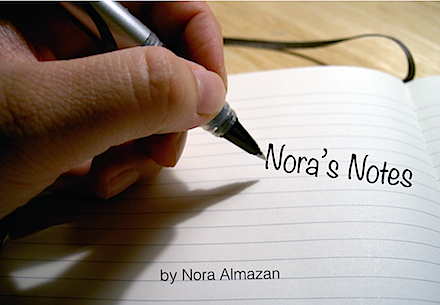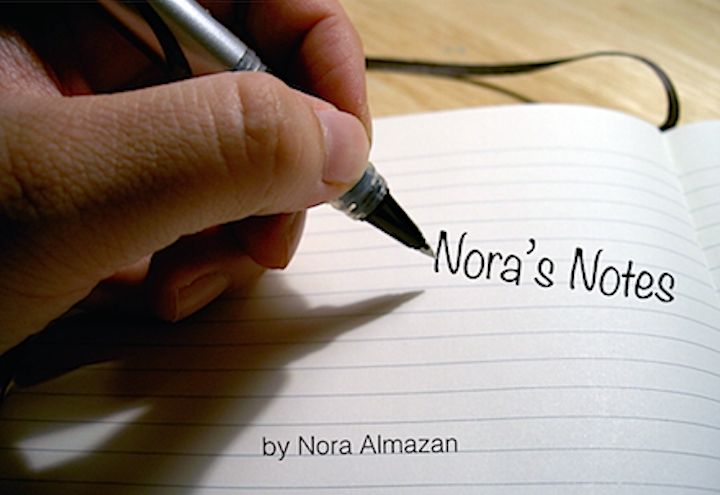
Call it unnerving, grimacing, taunting – the tweets, the Facebook posts, the podcasts, the fingernails on the chalkboard which make the hairs stand up on the back of our necks – today, it is quite easy to have a soapbox – and everyone is standing on one. Healthy debates have evolved into odious, loathsome words of hate, with the blame attached to either a conservative view or a liberal view of thinking – neither of which are to be faulted. We hide behind screens that give an open platform without consideration to anyone on the opposite side of the WIFI.
It is our opinion, right? We have a right to voice it…or do we?
Children’s table
It’s nothing new, really. The children’s table at my grandmother’s house every Saturday at noon gave optimal viewing for the rantings of our family over dinner. As children, we were to click on our listening ears and shut our mouths, except when shoveling food into them. All the unresolved issues from previous dinners compiled with current events: a hipster aunt who supported socialism – an uncle who’d served as a Marine in the Korean war – the continuing conflict in Vietnam – civil unrest in a Southern Georgia town – too much alcohol and lingering cigarette smoke – made the pot roast and apple pie the smallest highlight of the day.
Everyone’s family dinners are probably similar in nature. We all have labels. My maternal grandmother never spoke an ill word to anyone believing, “If there is nothing nice to say, we shouldn’t say anything at all.” I can still conjure up an image of her chewing slowly while the arguing grew louder at the adult table. The finger-pointing and exacerbating breaths stirred her to interrupt, “The potatoes are so creamy. Did you add sour cream?” The only time I ever saw her mad was when a family member teasingly called me ugly. She’d had enough of it and whacked him in the head with her purse filled with coins.
There are those in support of impeachment – those who are not; those who love President Trump – those who do not; those who find immigration important – those who don’t; and those who simply don’t care about any of it, only themselves.
SNELTI
I teach English as a Second Language to children in China. The cultural exchange is enriching and fulfilling. I like to play a game with my older students. I scramble a word and have them unscramble it, a game my brother and I used to enjoy during the sermon part of Church – long before there was children’s church. A few weeks ago, I wrote the letters S N E L T I.
I set the timer. My student quickly deciphered the word SILENT!
Well, no…the intended word was LISTEN…but, oh, how applicable.
If we want to break the cycle, we must learn to be silent and listen. Listen to what people are actually saying. What life experiences make them see the way they see? What words have been spoken to him or her causing the pain which filters the view? Because for every situation we favor or oppose in this world, there is someone on the opposite spectrum who will be impacted in a manner we haven’t thought. While well-meaning, the character Spock’s mantra, “The needs of the many outweigh the needs of the few” really does not work with Jesus Christ – Who left 99 sheep to find the one lost.
Bird’s eye view
Birds have the best view. They always have, because from above, there is a bigger picture. Bigger than you and bigger than me.
Just because someone doesn’t agree with you, does not mean they are uneducated, ignorant, or grotesque. It means he or she sees something you don’t see and vice-versa. When we listen, truly listen to the heart from behind the differing view, we give one another room to see who we really are. Making changes means a willingness to adjust, to pivot, to let things go.
We argue to change people – but the reality is the only person we can change is ourselves. While that is a cliché, like most clichés, it holds truth. The next time your fingers want to blast someone’s view on social media or you find yourself at the family table ready to gaslight, stop. Stop the pattern of adversity and start a new tradition – one of inclusion by the beautiful diversity of views. Click on your listening ears – it works well at the children’s table – maybe the adult table could learn to do the same.





